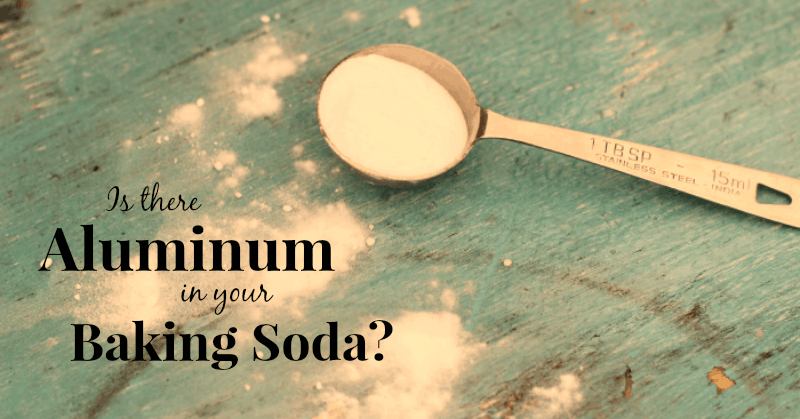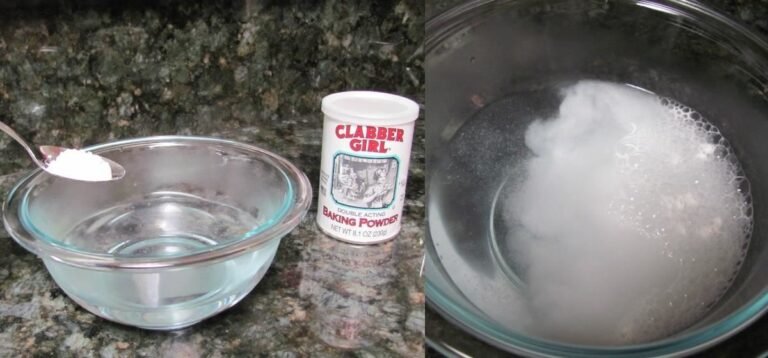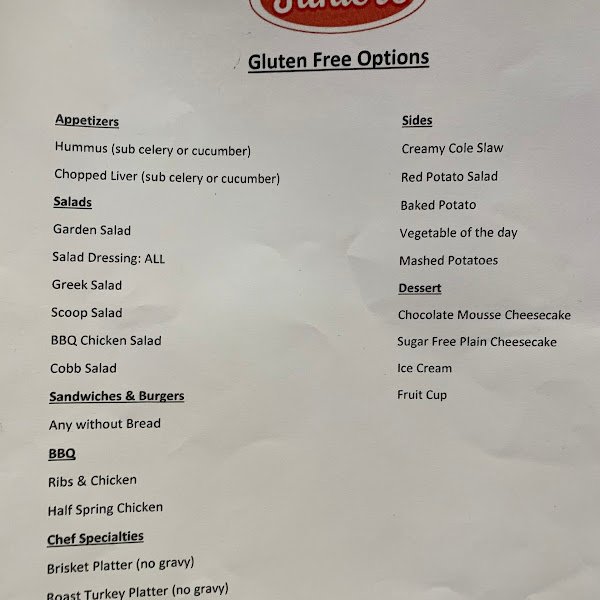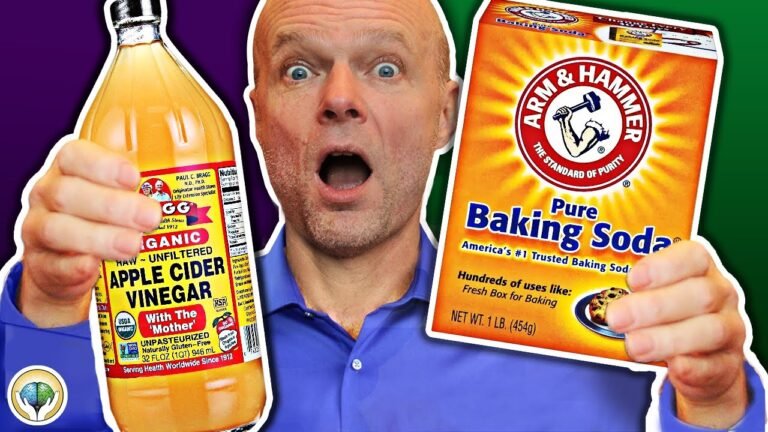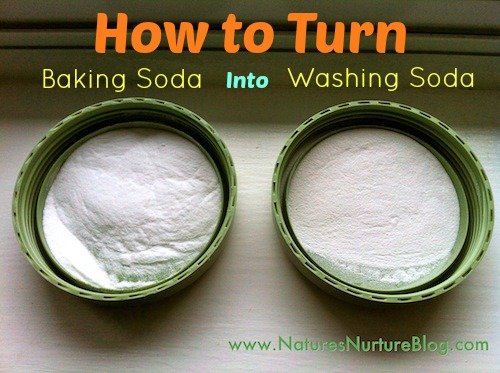How Do You Know If Baking Soda Has Aluminum in It: Find Out Now
Check the ingredient list on the packaging to see if aluminum is mentioned. Most baking sodas do not contain aluminum.
Baking soda, a common kitchen staple, is often used in baking and cleaning. Some consumers worry about aluminum content due to health concerns. It’s essential to understand that baking soda and baking powder are different. Baking soda (sodium bicarbonate) is typically free of aluminum.
Confusion arises because some baking powders contain aluminum compounds. Reading labels helps ensure you choose aluminum-free products. Brands like Arm & Hammer clearly state their baking soda is aluminum-free. Being informed about the ingredients in your kitchen products promotes better health choices and peace of mind. Always opt for trusted brands and check labels to confirm aluminum-free status.
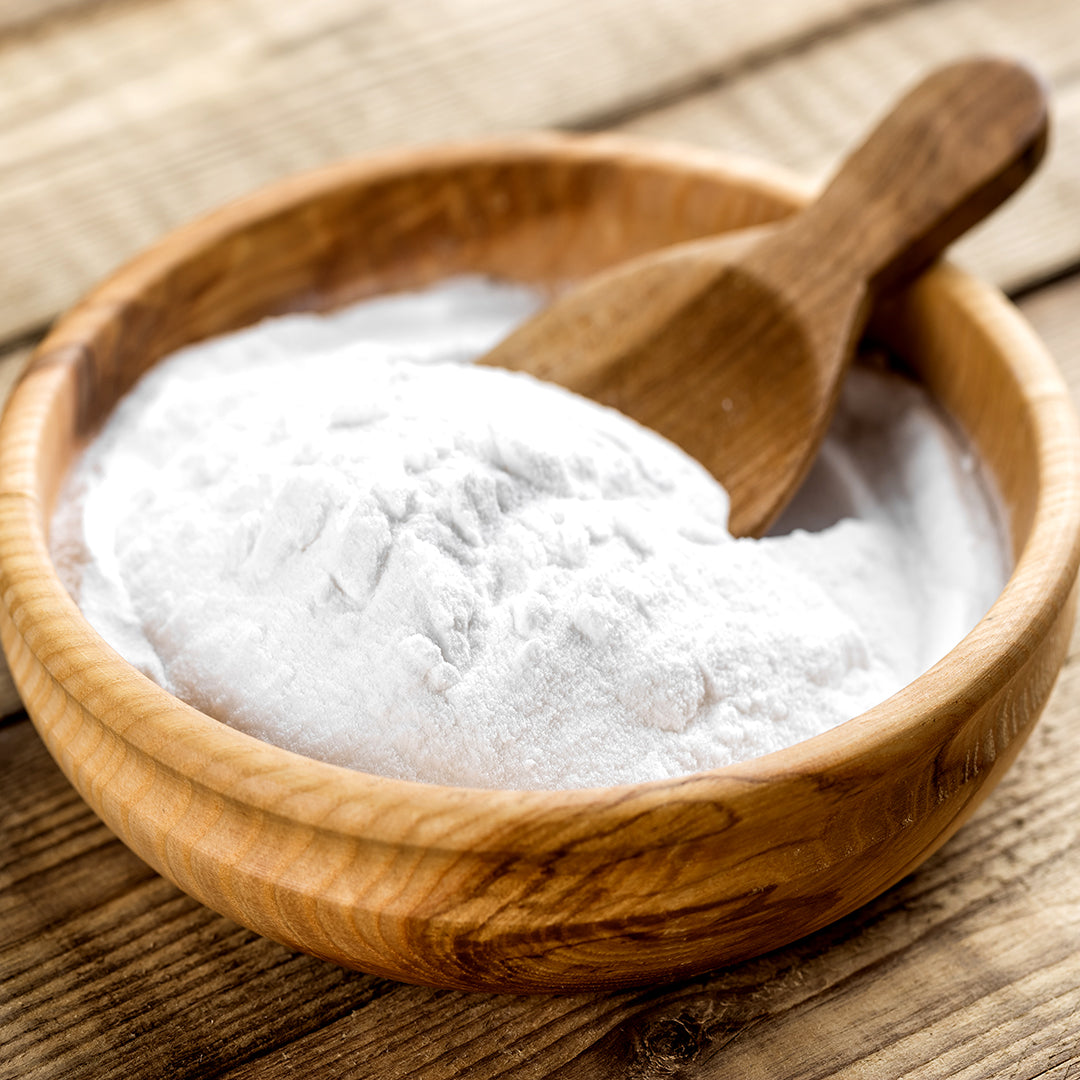
Baking Soda Basics
Baking soda is a white, powdery substance. Its scientific name is sodium bicarbonate. This powder is used in baking to make dough rise. It reacts with acids to create carbon dioxide gas. This gas forms bubbles, making the dough light and fluffy. Baking soda is also used in cleaning. It helps remove tough stains and odors. It is a common household item found in most kitchens.
Baking soda is very versatile. It can be used for baking cakes and cookies. It also works as a cleaning agent. Many people use it to clean sinks and countertops. It can even help whiten teeth. Some use it to soothe insect bites. It is also added to laundry to remove bad smells. Baking soda is a handy product to have at home.
Aluminum Concerns
Aluminum in baking soda can be harmful. It may affect the brain and bones. Some people worry about aluminum causing diseases. Always check for aluminum-free baking soda. This can help you stay safe and healthy. Reading labels is very important. Look for “aluminum-free” on the packaging. Many brands offer safe options.
Choosing aluminum-free baking soda is good for health. It ensures you avoid harmful effects. This is especially important for kids and older adults. They are more sensitive to aluminum. Using safe products makes a big difference. Stay informed and make better choices. Your health is very valuable.
Product Labeling
Check the ingredient list on the baking soda package. Look for words like aluminum or sodium aluminum phosphate. These indicate the presence of aluminum.
Baking soda itself should only list sodium bicarbonate. If there are additional ingredients, read carefully. Always choose products labeled as aluminum-free.
Popular Brands
Check the ingredient list on the packaging to identify if baking soda contains aluminum. Opt for brands labeled as “aluminum-free” for assurance.
Trusted Brands
Arm & Hammer is a well-known brand. It offers pure baking soda. Bob’s Red Mill is another great choice. It guarantees aluminum-free baking soda. Trader Joe’s also sells reliable baking soda. These brands provide safe options.
Brands To Avoid
Some brands might include aluminum. Always check the ingredient list. Avoid brands that do not clearly state “aluminum-free”. Some generic brands may not be trustworthy. It’s best to choose well-known and trusted brands.
Testing At Home
Place a small amount of baking soda in a bowl. Pour a few drops of vinegar over it. Watch closely for any fizzing. Fizzing indicates the presence of aluminum. No fizzing means it’s aluminum-free. Use a magnet as another test. If the baking soda is attracted to the magnet, it contains aluminum. No attraction means it’s safe.
Check the label on the baking soda box. Look for the ingredient list. Pure baking soda should only list sodium bicarbonate. Aluminum-containing baking sodas may list aluminum sulfate or sodium aluminum phosphate. Try a water test. Mix baking soda with a small amount of water. If it feels gritty, it may contain aluminum. Smooth texture indicates purity.
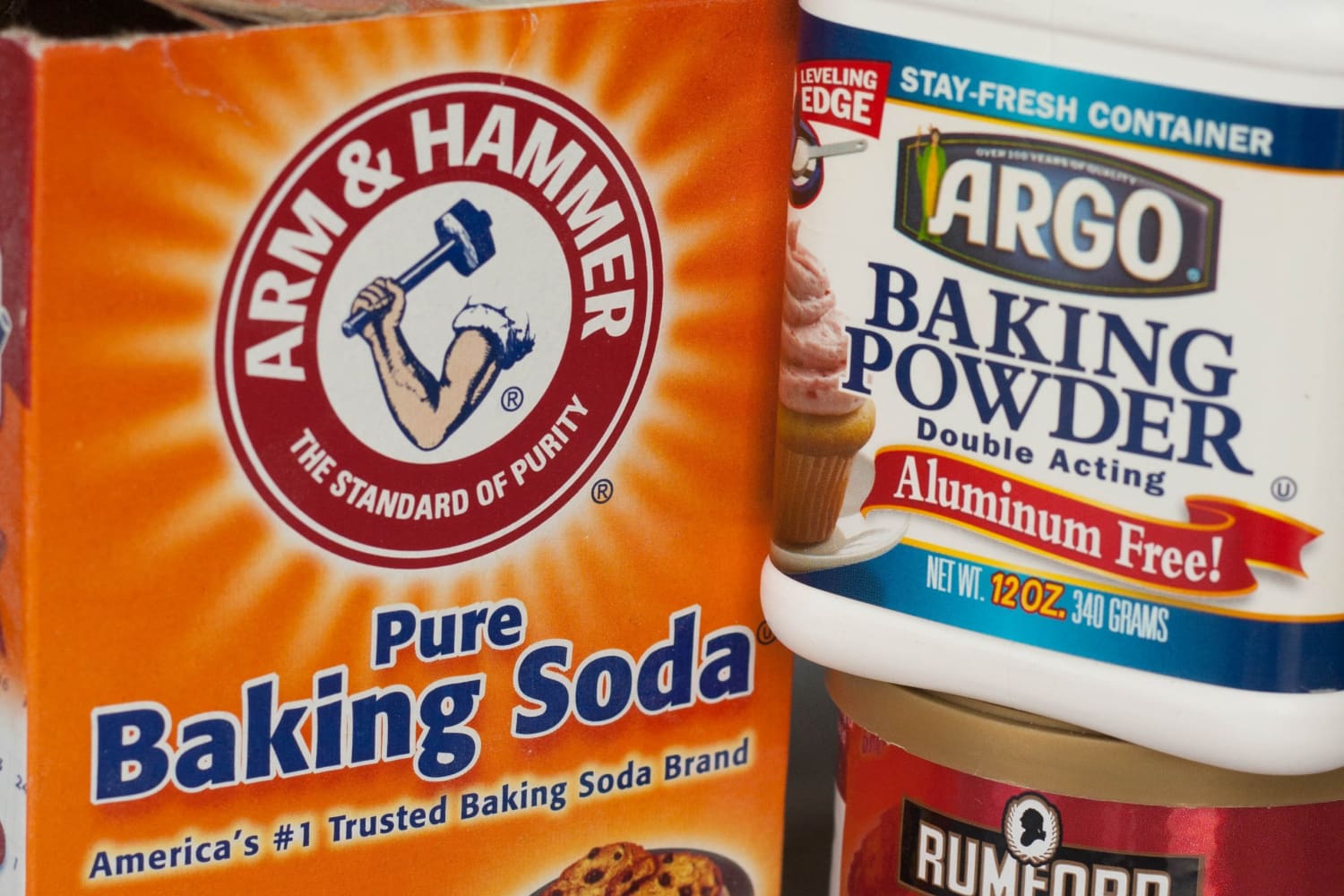
Expert Opinions
Dietitians say baking soda is often labeled. Check the packaging for any aluminum content. Many brands state if their product is aluminum-free. Always read the ingredient list carefully. Some products may have hidden additives. Dietitians recommend choosing brands that specify aluminum-free.
Studies show most baking soda brands do not contain aluminum. Research indicates aluminum is not usually an ingredient. Some people confuse baking soda with baking powder. Baking powder can contain aluminum. Always ensure you are looking at the right product. Reading labels helps avoid confusion.
Alternatives
Choose brands that clearly state aluminum-free on the label. This ensures you avoid aluminum. Some well-known brands are Bob’s Red Mill and Arm & Hammer.
Read the ingredients list carefully. Look for sodium bicarbonate only. This is pure baking soda.
Use baking powder as an alternative. Ensure it is labeled aluminum-free. Another option is cream of tartar. It is a natural substitute. Combine it with baking soda for a similar effect.
Buttermilk can replace baking soda in recipes. It adds a tangy flavor. Yogurt works similarly. Both create the same leavening effect.

Frequently Asked Questions
Does Baking Soda Contain Aluminum?
No, baking soda is pure sodium bicarbonate. It does not contain aluminum. Some baking powders may contain aluminum, but baking soda does not.
How Can I Check For Aluminum In Baking Soda?
Check the ingredient list on the packaging. Pure baking soda will list only sodium bicarbonate. No other ingredients mean no aluminum.
Is Aluminum-free Baking Soda Healthier?
All baking soda is aluminum-free. Concerns about aluminum relate to baking powder, not baking soda. Baking soda is safe.
Why Do Some Baking Powders Have Aluminum?
Aluminum compounds in baking powder act as leavening agents. They help dough rise slowly. This is useful in certain recipes.
Conclusion
Understanding if baking soda contains aluminum is crucial for health-conscious consumers. Check the label for “aluminum-free” to ensure purity. Opt for trusted brands and stay informed. Knowing what’s in your baking soda helps you make better choices. Enjoy baking with confidence and peace of mind.
